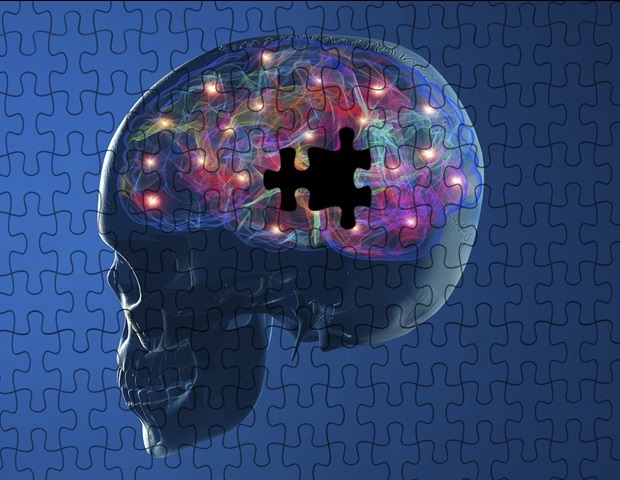A PREGNANCY complication has been linked to a greater risk of autism and ADHD, a new study suggests.While more research is needed, researchers said the “diligent monitoring” of blood sugar levels up until birth is “imperative”.GettyWomen with diabetes before or during pregnancy may be more likely to have children with ADHD or autism[/caption]A team in China reviewed 202 studies, including more than 56 million pregnancies.
Some 110 looked at gestational diabetes – which develops during pregnancy – while 80 looked at pre-gestational diabetes – a diagnosis before pregnancy.The findings showed children of mums with diabetes while expecting had a 28 per cent increased risk of any neurodevelopmental disorder, compared to mums who did not have the condition, irrespective of other potential causes.When looking at individual disorders, researchers found there was a 25 per cent increased risk of autism, a 30 per cent increased risk of ADHD and a 32 per cent increased risk of intellectual disability.

Risks were higher in women who had diabetes before pregnancy compared to women who developed gestational diabetes.“To the best of our knowledge, this is the first comprehensive systematic review and meta-analysis to assess neurodevelopmental outcomes in children born to mothers with specific types of diabetes,” the team said.Responding to the study, published in The Lancet, Lucilla Poston, a professor of maternal and foetal health at King’s College London, said: “The human foetus is exquisitely vulnerable to changes in its environment which may affect life-long health.
“Also, data is emerging from MRI imaging of the brains of children exposed to maternal diabetes, showing structural and functional changes in the hypothalamus, a region of the brain intricately involved in both mental and physical health.“For this and other reasons, diabetes prevention, screening and treatment remain critically important not only for the health of the mother, but also her child.”Gestational diabetes affects one in 20 pregnancies in the UK, Diabetes UK says.
There are several factors that may put a woman at more risk, including being overweight, having had a large baby in a previous pregnancy and having a South Asian, Black or African Caribbean or Middle Eastern background. There are already known potential complications – in the baby, this includes growing larger than usual, which may lead to delivery problems, jaundice and premature birth.What is neurodiversity?You may have heard of autism and ADHD before.
These conditions come under the umbrella term of neurodiversity.Neurodiversity is a term that refers to the natural variation in how human brains work.It is rooted in the idea that neurological differences, such as those associated with autism, ADHD, dyslexia, dyspraxia, Tourette’s syndrome, and other conditions, are a normal and valuable part of human diversity rather than deficits or disorders that need fixing.
Rather, society should find ways to be more inclusive and accommodating, such as in schools and the workplace. Here’s a closer look at two of the key conditions: ADHDADHD, or attention deficit hyperactivity disorder, is a neurodevelopmental condition that affects how individuals focus, regulate their impulses, and manage their energy levels.Symptoms depend on the type; inattention causes challenges with focusing, organisation and time management, hyperactivity causes excessive energy or restlessness, and impulsivity causes a person to act without thinking or struggle to wait their turn.
People can be predominately one type or a mix of the two and symptoms are varied and unique to individuals.While living with ADHD is challenging, people often find unique strengths within their condition, such as the ability to hyperfocus on something they find interesting, problem-solving skills and creativity.AutismAutism is described as a “spectrum” because it encompasses a wide range of traits and abilities.
Common features include difficulty with social communication, such as reading facial expressions or tone, repetitive behaviours and routine, sensitivity to stimulation of the senses, e.g. bright lights or loud noises, and detailed, literal thinking.
Autism can be challenging, including due to a lack of understanding. But there are key strategies to help those with it thrive..
Health

Common pregnancy complication linked to ‘increased risk of autism and ADHD in children’, study suggests
















